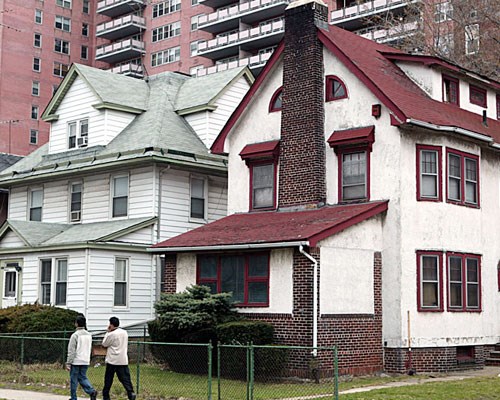A recent analysis by the nonprofit New Economy Project found that home mortgage lending by Bank of America, Citibank and JPMorgan Chase—which hold the vast majority of New York City’s municipal deposits— charged higher interest rates to people of color between 2018 to 2023.
The nonprofit said the three banks charged Black homebuyers interest rates that were 31 basis points higher, on average, than rates charged to all other homebuyers—when controlling for income and debt levels, according to a press release. This disparity will cost a Black homeowner $30,212 more in interest payments over the course of a 30-year mortgage.
Collectively, the three banks will extract an estimated $32 million more in interest over the life of their loans from Black homeowners when compared to all others, the nonprofit said.
In addition, the nonprofit said the three banks denied Black homeowners refinancing loans at nearly twice the rate of white borrowers (23.4% and 12.8%, respectively), preventing them from accessing lower interest rates and locking them into higher payments, including at the height of the COVID-19 pandemic when interest rates reached historic lows.
"As the Federal Reserve lowers interest rates, many borrowers stand to benefit," the nonprofit said. However, Black homeowners who face persistent barriers to fair lending "could be left out in the cold, unable to access more favorable interest rates on home purchase and refinancing loans. These inequities threaten to exacerbate the racial wealth divide."
The nonprofit said state and federal regulators should crack down on banks that redline and otherwise exploit Black and brown communities. This includes enforcing stricter penalties for, as well as conducting thorough audits to identify, unfair and discriminatory lending practices.
As a matter of policy, the city should cease doing business with banks that engage in discriminatory practices, the nonprofit said. In addition, the city should establish a public bank to hold city deposits and reinvest equitably in city neighborhoods.




